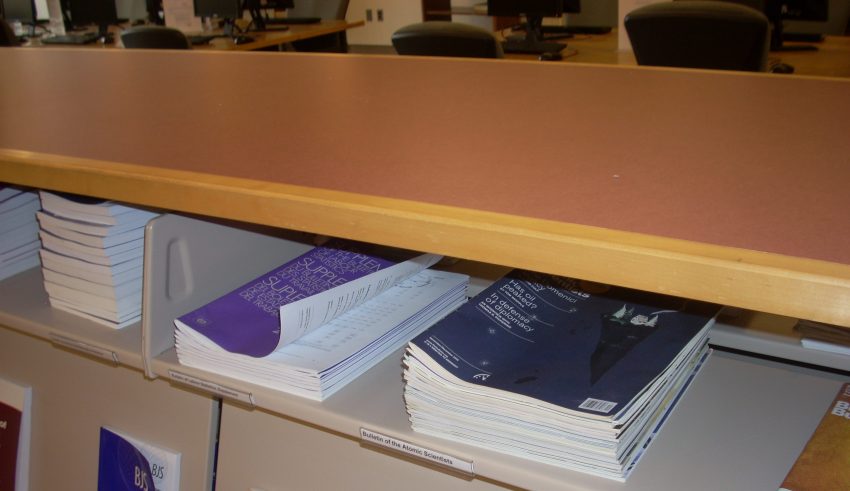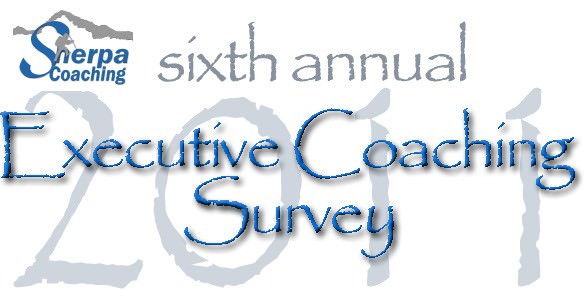Workplace, Executive and Life Coaching: An Annotated Bibliography from the Behavioral Science and Business Literature from 1935 to Jan 2011
This extensive annotated bibliography draws on scholarly papers from the behavioural science literature as presented in PsycINFO, Business Source Premier and Dissertation Abstracts International,


















Suzi Pomerantz: LPC presents Suzi Pomerantz with the Lee Salmon Award https://libraryofprofessio...